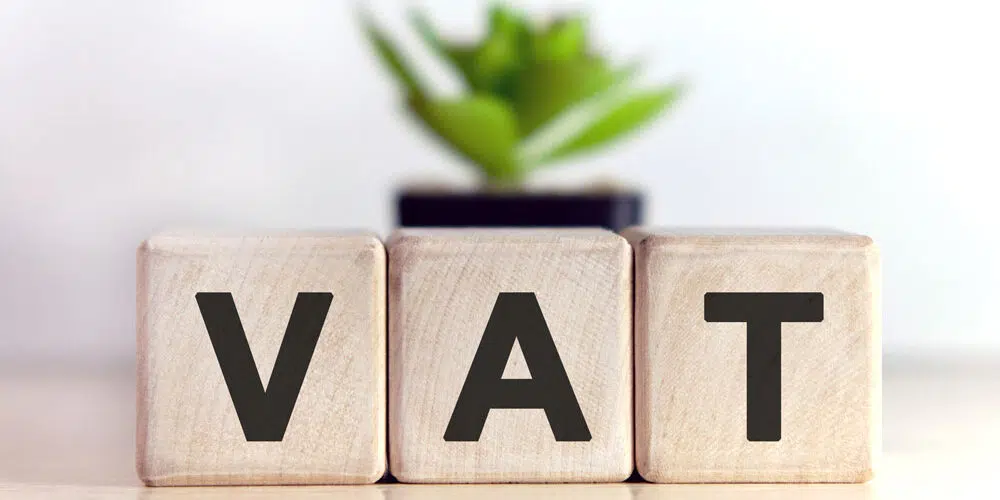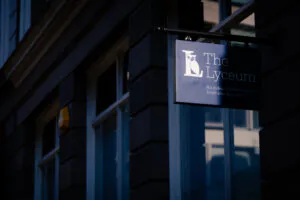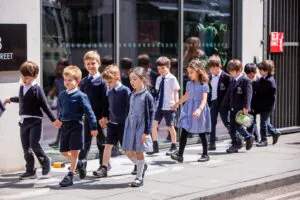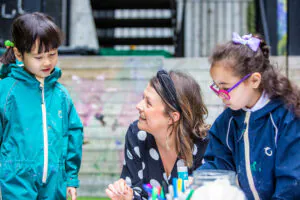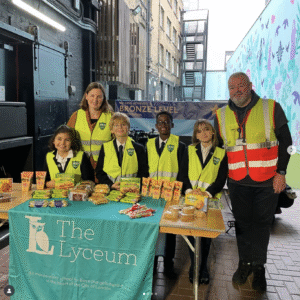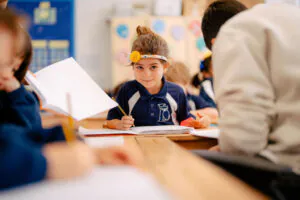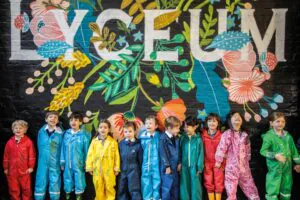Introduction of VAT on Private School Fees
The introduction of VAT on private school fees marked one of the biggest shifts in education funding in recent years. Parents, schools, and pupils were all asking how this would work in practice and what it would mean for family budgets. Below, we revisited the key questions and official answers to explain the changes.
Why did the government introduce VAT on private school fees?
The government reasoned that private schools should no longer be exempt from the same tax rules applied to most other goods and services. By removing this exemption, the government aimed to raise revenue to support the state education system and deliver what it described as “better standards and opportunities” for the nine out of ten children educated in state schools.
How much money did this raise?
According to Treasury estimates, the measure was expected to generate around £1.725 billion every year once fully in place. The revenue was intended to fund improvements in state schools, including recruitment of new teachers and investment in resources.
When did this come into effect?
VAT became applicable to private school tuition and boarding fees on 1 January 2025. A second key change followed in April 2025, when private schools registered as charities lost their entitlement to charitable business rates relief, which had previously reduced their property-related costs by up to 80%.
Did this mean private school fees went up by 20%?
Not necessarily. While the VAT rate was 20%, the government did not expect schools simply to pass on the full amount to parents. Instead, independent forecasts suggested that average fee increases were closer to 10% once schools adjusted their budgets, absorbed some of the costs, or restructured how they operated. However, the exact increase varied between schools.
Did this put more pressure on state schools?
The government stated that it did not expect significant additional pressure on state schools as a result of these changes. Their view was that the majority of families already paying for private education would continue to do so, even after fees rose.
How did this affect pupils with SEND?
For children with special educational needs and disabilities (SEND), the impact depended on how their place was funded. If a child had an Education, Health and Care Plan (EHCP) and the local authority decided that a private school placement was necessary, the local authority covered the fees and reclaimed the VAT. However, if parents chose a private school that was not named in the EHCP, VAT applied and families had to meet the additional cost themselves.
Were fees that had been paid in advance also taxed?
Yes, in some cases. Any fees paid after 29 July 2024 for terms starting in or after January 2025 were subject to VAT. Even pre-payment schemes agreed before that date were sometimes affected, depending on how they were structured. Parents were strongly advised to check the details with their school or financial adviser.
Did this mean private schools ended bursaries and scholarships to fund the additional costs?
The government said it did not expect a significant reduction in bursaries and scholarships across the independent sector. However, schools needed to decide individually how they managed the added tax burden, so the level of support on offer varied. Parents relying on bursaries were advised to stay in close contact with schools to understand any changes.
What did this mean for military families who sent their children to boarding schools?
Military families often received support from the Continuity of Education Allowance (CEA), which helped cover boarding school fees when parents were posted elsewhere. The government confirmed that the CEA would continue to apply once VAT was added, meaning eligible families still received financial support. However, because overall fees rose, the balance families contributed themselves often increased.
About The Lyceum School
The Lyceum School is a place where every child is cherished, known, and celebrated. Situated in the vibrant heart of the City of London, our school offers a nurturing, co-educational environment founded on the pillars of kindness, creativity, confidence, and community. We inspire a deep love of learning through an engaging, topic-based curriculum using London as our classroom, enriched by STEAM, language, arts, and wellbeing-focused initiatives like mindfulness and yoga.
With small class sizes, high staff-to-pupil ratios, and a strong pastoral framework, including our House System and accessible pastoral support, we prioritise each child’s personal growth just as much as academic success.
Located near Old Street, Liverpool Street, Moorgate and Shoreditch stations, our modern, light-filled five-storey building with specialist art, science, STEAM studios and outdoor space provides a dynamic setting that’s seamlessly integrated with London’s rich cultural resources. At The Lyceum, learning comes alive every day, preparing children to become confident, compassionate, and curious individuals ready to contribute positively to the world.
Attend Our Open Day
Curious about life at The Lyceum? Come see it for yourself. Join one of our Open Days to explore our modern building, meet our lovely staff and feel the energy of our school community. You’ll get a real sense of what makes our independent co-ed school so special.
Can’t make it to an Open Day? No problem. Just contact our team to book a private tour.
📧 Email: registrar@lyceumschool.co.uk 📞 Phone: +44 (0)20 7247 1588
Final thoughts
The introduction of VAT on private school fees is a landmark policy change with wide-ranging consequences. While the government’s intention is to raise funds for state education, families in the independent sector are preparing for higher costs. The exact impact will depend on each school’s approach, but parents should plan ahead to understand how these changes may affect their budgets.

